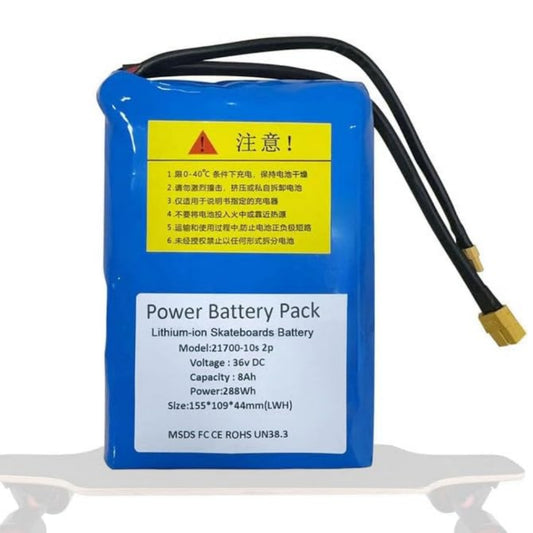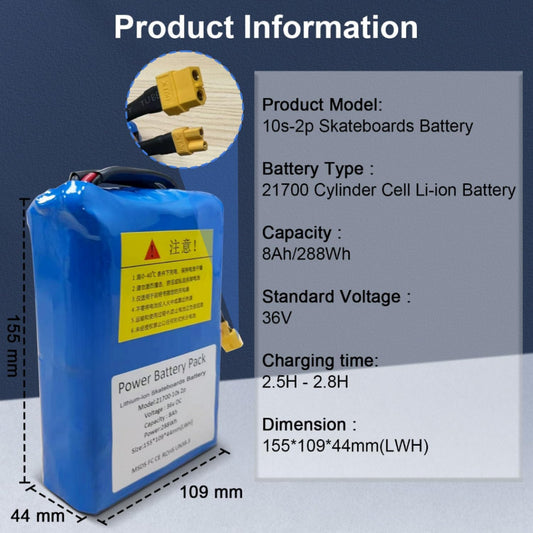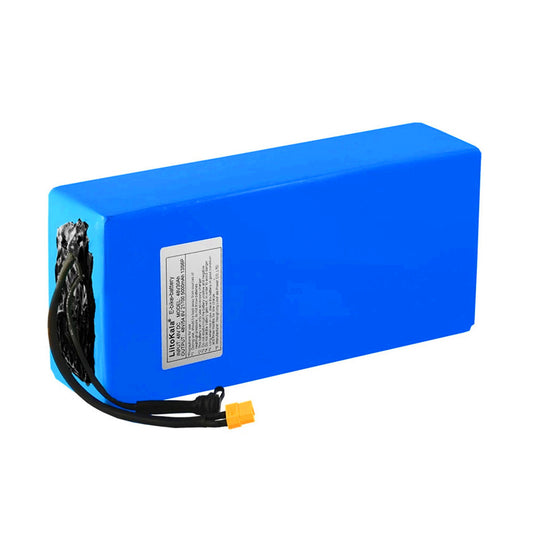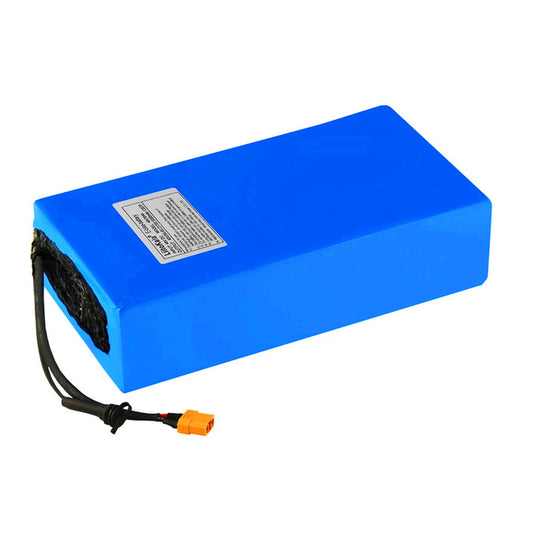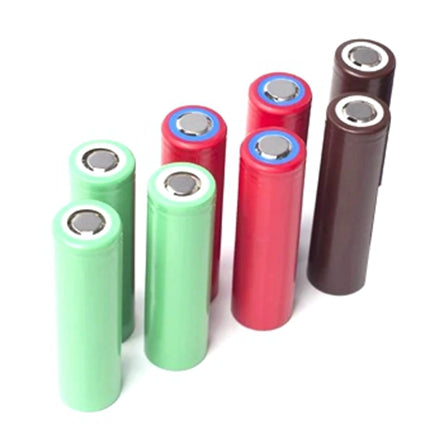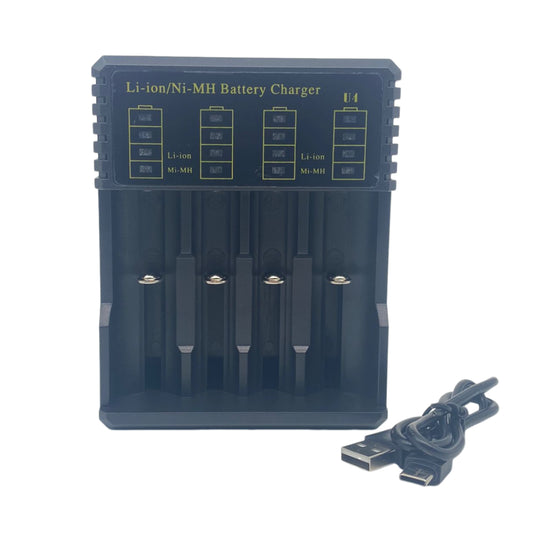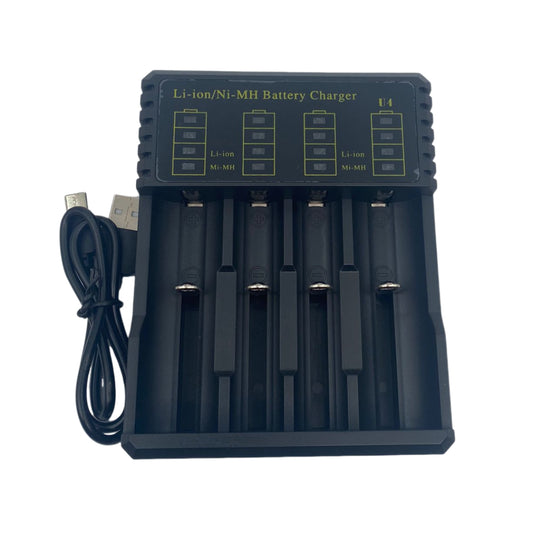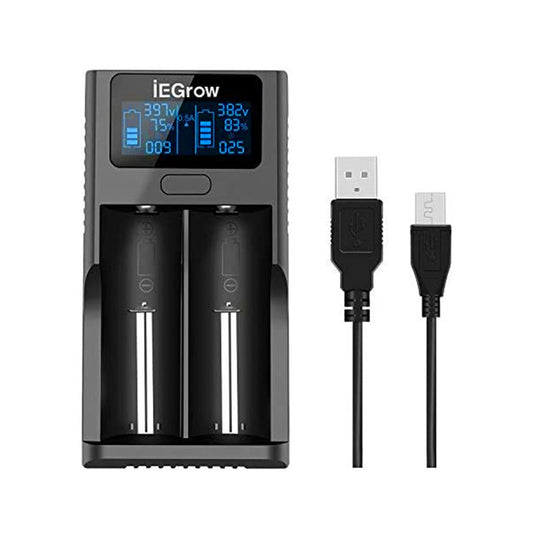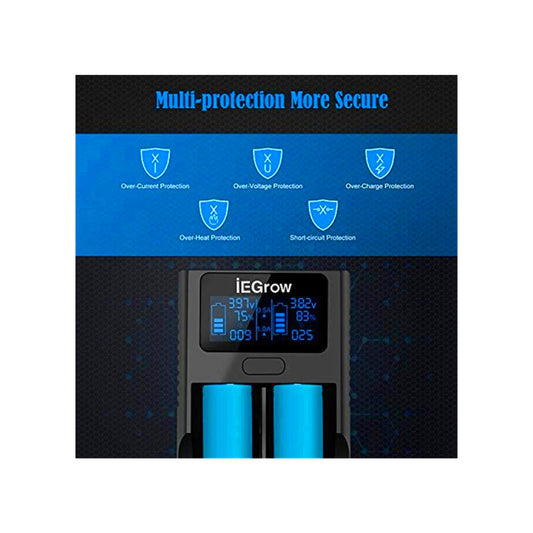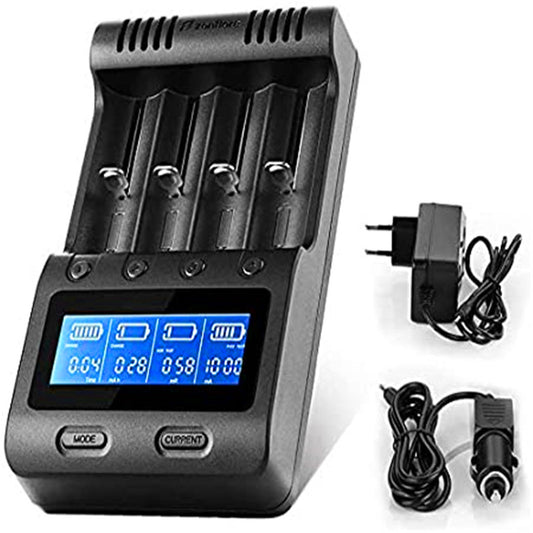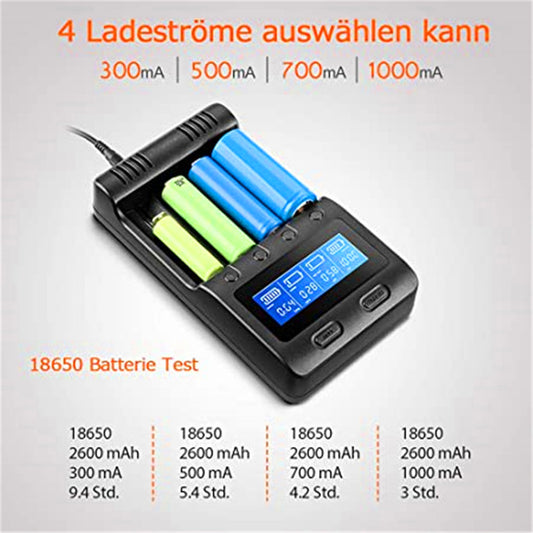When you're out on the water, the last thing you want is to worry about your boat's power supply cutting out. From GPS systems to fish finders and refrigeration units, modern boat accessories can quickly drain energy, leaving you stranded or inconvenienced if you're not prepared. In this guide, we'll help you understand what battery you should use to power your boat accessories.
Common Boat Accessories that Need Power
Boating accessories can enhance both practicality and comfort on the water, but they all depend on reliable power. Some of the most common accessories include:
-
GPS and chart plotters – essential for navigation and staying on course.
-
VHF radio – critical for communication and safety.
-
Fish finders and depth sounders – popular among anglers to locate fish and monitor water depth.
-
Refrigerators and coolers – to keep your food and drinks fresh.
-
Lighting systems – for visibility and safety, especially at night.
-
Bilge and water pumps – for managing water levels in the boat.
-
Entertainment systems – including stereos and TVs for a more enjoyable time on board.

Types of Marine Batteries Used for Boat Accessories
Marine batteries come in different types based on their material composition, each suited for specific boating needs. The most common options are:
Flooded Lead-Acid Batteries
These traditional batteries are affordable and widely available.
While they’re effective for powering general boat accessories, they require regular maintenance like topping off water levels.
They are also heavier and have a shorter lifespan, making them less suitable for modern, high-power needs.
AGM (Absorbent Glass Mat) Batteries
A more advanced type of lead-acid battery, AGM is maintenance-free and more resistant to deep discharges.
These batteries are commonly used for electronics like GPS, lights, and communication systems because they perform well in demanding environments and offer better durability compared to flooded batteries.
Gel Batteries
Similar to AGM but using a gel-like electrolyte, gel batteries are ideal for deep-cycle applications. They are highly resistant to vibrations and extreme conditions, making them well-suited for powering sensitive electronics like radios and navigation systems. However, they tend to be more expensive and can be sensitive to improper charging.
LiFePO4 (Lithium Iron Phosphate) Batteries
These are the most advanced option, offering the best balance of power, weight, and longevity. LiFePO4 batteries can handle deeper discharges without damage, making them perfect for running multiple accessories for extended periods.
They recharge faster, last longer, and require virtually no maintenance, making them the top choice for boaters who want a reliable and efficient power source.

Why is LiFePO4 Battery the Best Marine Battery?
LiFePO4 (Lithium Iron Phosphate) batteries offer several advantages that make them the top choice for powering boat accessories:
Lightweight
Easier to handle and install compared to heavier lead-acid or gel batteries.
Longer lifespan
Last up to 10 times longer than traditional batteries, reducing the need for frequent replacements.
Deep discharge capability
Can handle deep discharges without affecting performance, making them ideal for running multiple accessories like GPS, radios, and refrigerators.
Steady power output
Maintains consistent power even under heavy loads, so performance doesn’t drop when multiple devices are running.
Faster recharge times
Spend less time waiting for the battery to charge and more time on the water.
Maintenance-free
No need for regular upkeep, and they have a high safety rating, being resistant to overheating and fire.
Tips for Choosing a Marine Battery
Selecting the right marine battery for your boat accessories involves understanding a few key factors. Here are some tips to guide your decision:
Battery Capacity (Ah)
Look for a battery with a high amp-hour (Ah) rating to power your accessories for longer periods. The more amp-hours, the longer your devices can run without needing a recharge.
Power Needs
Make a list of all the accessories you plan to use and their power requirements. This will help you choose a battery that can handle the total load without overworking itself.
Battery Lifespan
Consider how long the battery is expected to last. LiFePO4 batteries, for example, can handle thousands of charge cycles, making them a longer-lasting choice than lead-acid or AGM options.
Weight and Size
If weight is a concern, especially for smaller boats, opt for a lighter battery like LiFePO4. Make sure the battery fits within your available storage space as well.
Charging Time
Faster charging batteries, like lithium-based options, reduce downtime between uses, allowing you to get back on the water more quickly.
Maintenance Requirements
Choose a battery that fits your maintenance preferences. For a hands-off solution, go for sealed AGM or LiFePO4 batteries, as they require little to no upkeep.
How to Maintain Your LiFePO4 Marine Battery?
One of the many advantages of LiFePO4 batteries is their low maintenance requirements, but a few steps can ensure optimal performance and longevity:
Regular Charging
To keep your LiFePO4 battery healthy, avoid letting it fully discharge. These batteries perform best when charged regularly and kept between 20% and 80% of capacity.
Proper Storage
If you plan to store your boat or battery for an extended period, make sure the battery is charged to around 50% and kept in a cool, dry place.
Use the Correct Charger
Always use a charger designed specifically for LiFePO4 batteries. Using an incompatible charger can damage the battery or reduce its lifespan. Many LiFePO4 chargers also include safety features like overcharge protection, ensuring the battery stays in good condition.
Regular Inspection
Although LiFePO4 batteries are maintenance-free, it’s a good idea to periodically check the battery terminals and cables for corrosion or loose connections.
Conclusion
Choosing the right marine battery is crucial for powering your boat accessories efficiently and reliably. LiFePO4 batteries stand out as the best option for their longevity, fast charging, and consistent performance. If you’re looking for a high-quality, reliable option, check out lithium batteries for sale from BatteryInt. Their durable, maintenance-free design will keep your boat running smoothly, ensuring your trips are hassle-free and enjoyable.
FAQs
What is a Marine Battery?
A marine battery is specifically designed to handle the demands of a boat's electrical systems and accessories. Unlike regular car batteries, marine batteries can endure constant vibrations, deep discharges, and extended periods of use without sacrificing performance.
Can Starting Batteries Run Accessories?
While starting batteries are designed to provide quick bursts of power to start your boat’s engine, they are not ideal for running accessories for long periods. For continuous power to devices like GPS, lighting, or refrigerators, a deep-cycle or LiFePO4 battery is a better choice.
Do Boats Use 12v Batteries?
Yes, many boats use 12v batteries, especially for powering smaller accessories and systems. LiFePO4 and AGM batteries are common 12v options because they can handle deep cycles and provide reliable, long-lasting power for various boat accessories.
Read More:
Lithium vs Alkaline Batteries: What’s Right for You?
NiMH vs Lithium-Ion Batteries: Comprehensive Comparison and Guide


